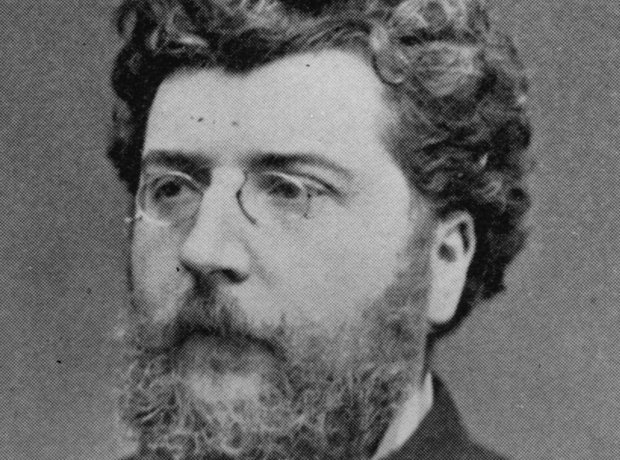
1. A child prodigy
Georges Bizet was born in Paris on 25 October 1838. His father was a singing teacher and his mother was an accomplished pianist who gave Georges his first lessons. The Paris Conservatoire was so impressed by the boy’s abilities that it waived its age rule and offered him a place when he was nine.
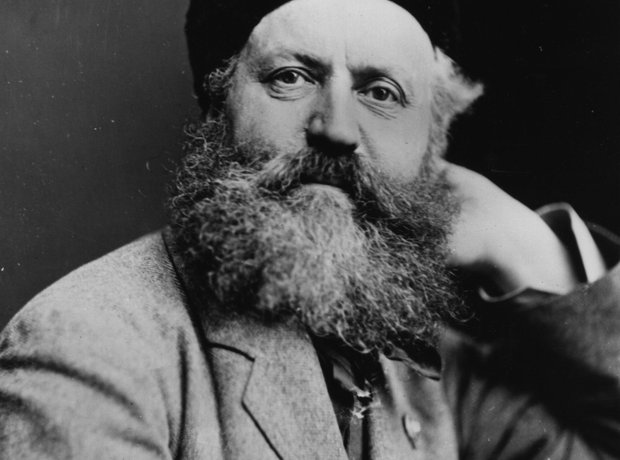
2. Inspired by Gounod
A brilliant student, Bizet won many prizes for his outstanding piano playing. The composer Gounod became a lasting influence on his musical style. Shortly after his 17th birthday, Bizet wrote his own symphony, which bore a close resemblance to Gounod's – note for note in some passages.
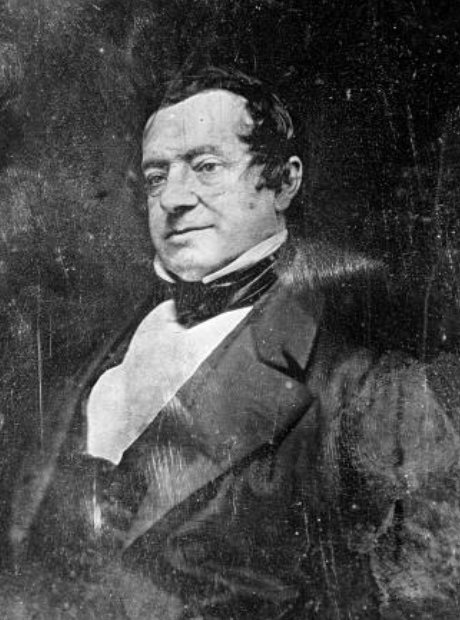
3. Meeting Rossini
As a young man, Bizet became a regular guest at Offenbach's parties, where among other musicians he met the veteran Rossini, who Bizet described as ‘the greatest of them all, because like Mozart, he has all the virtues.’
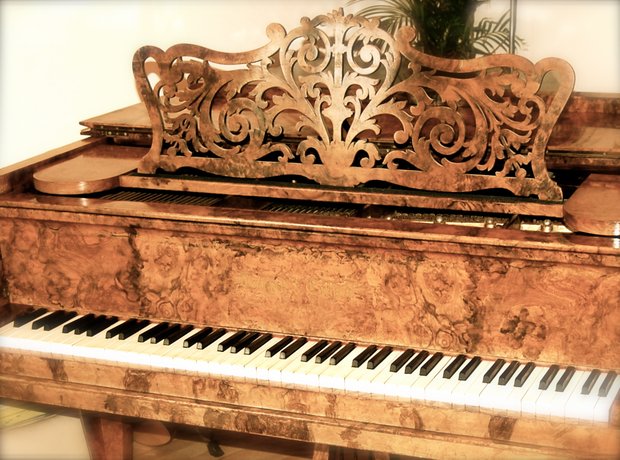
4. Unsuccessful early compositions
Bizet’s early keyboard and orchestral compositions were largely ignored and he earned his living mainly by arranging and transcribing other people’s music.
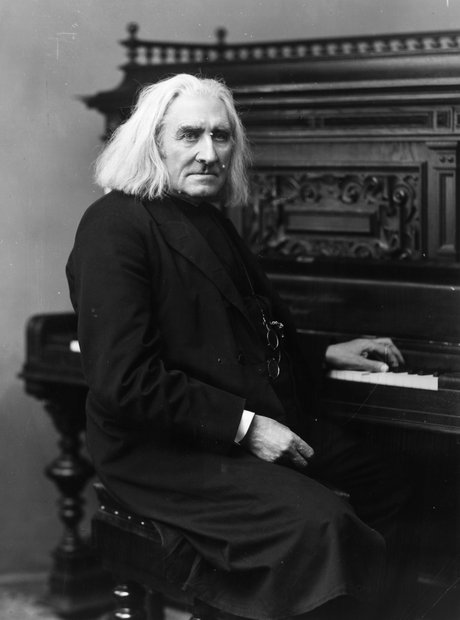
5. Admired by Liszt
In May 1861, at a dinner party at which Liszt was present, Bizet astonished everyone by sight reading one of the maestro's most difficult piano pieces. Liszt said, ‘I thought there were only two men able to surmount the difficulties ... there are three, and ... the youngest is perhaps the boldest and most brilliant.’
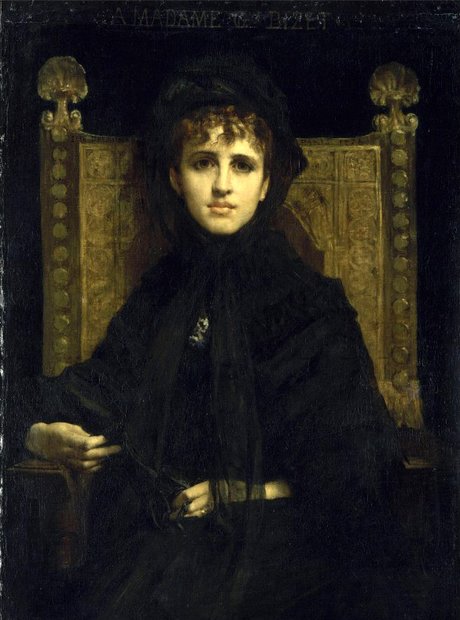
6. Marriage to Geneviève Halévy
In June 1869, Bizet married Geneviève Halévy, the nervously unstable daughter of the composer Fromental Halévy. Her family initially opposed the match, considering him an unsuitable catch: ‘penniless, left-wing, anti-religious and Bohemian’. The marriage was intermittently happy and produced a son, Jacques.
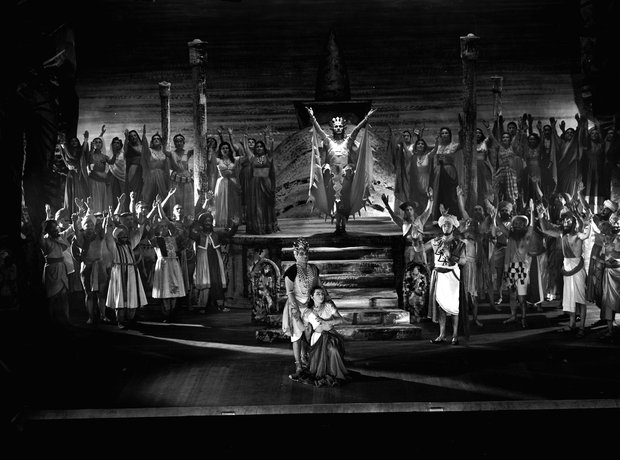
7. Operatic failures
Bizet started many theatrical projects during the 1860s, most of which he abandoned. Neither of the two operas that reached the stage - 'The Pearl Fishers' and 'La jolie fille de Perth' – were immediately successful. 'The Pearl Fishers' later won more popularity for its beautiful duet. Pictured is a 1954 production of 'The Pearl Fishers' at Sadler's Wells, London.
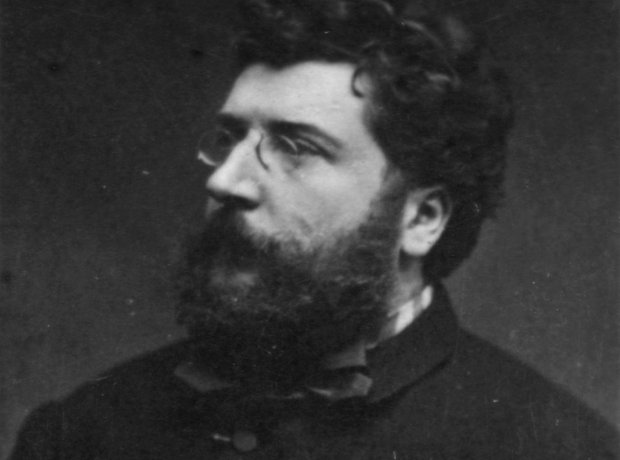
8. Success with L'Arlésienne Suite
After the Franco-Prussian War of 1870–71, during which Bizet served in the National Guard, he had a hit with an orchestral suite derived from his incidental music to Alphonse Daudet's play 'L'Arlésienne'. The music was dismissed by critics as too complex for popular taste but the suite received an enthusiastic reception.
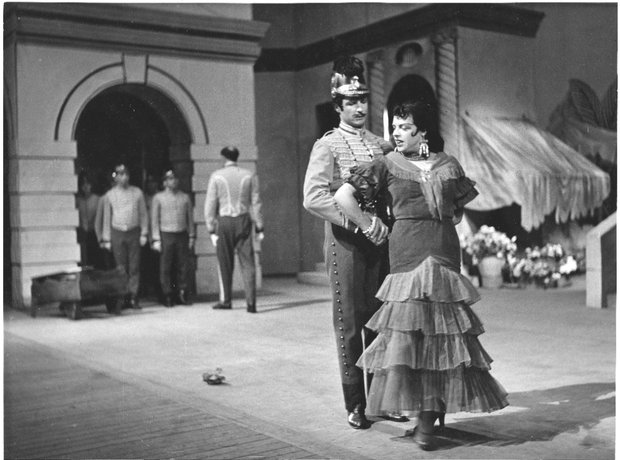
9. The arrival of 'Carmen'
The production of Bizet's final opera, 'Carmen', was delayed because of fears that its themes of betrayal and murder would offend. In the audience at the opera's premiere were Massenet and Saint-Saëns who loved it. Gounod accused Bizet of plagiarism and much of the press comment was negative. Bizet was convinced that the opera was a failure. Pictured is the 1947 Covent Garden production of 'Carmen'.
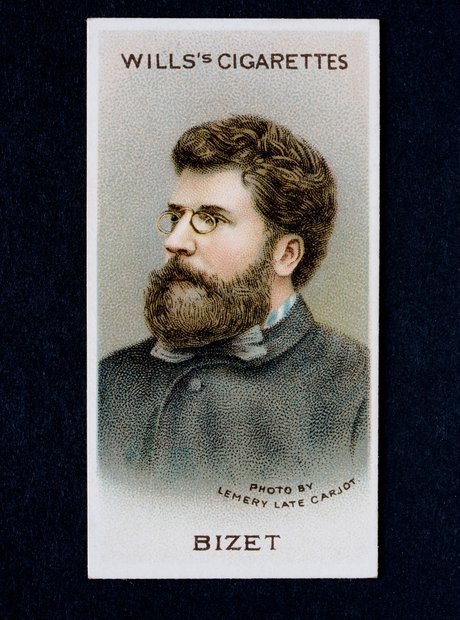
10. Posthumous appreciation
Bizet, who was a heavy smoker, died of a heart attack aged 36, three months after the première of Carmen, unaware that his opera would become a spectacular and enduring success. His other works also began to be performed more frequently in the 20th century and he is now recognised as a composer of brilliance and originality. source
Thursday, January 25, 2024
Bizet: 10 facts about the great composer
Subscribe to:
Post Comments (Atom)




No comments:
Post a Comment